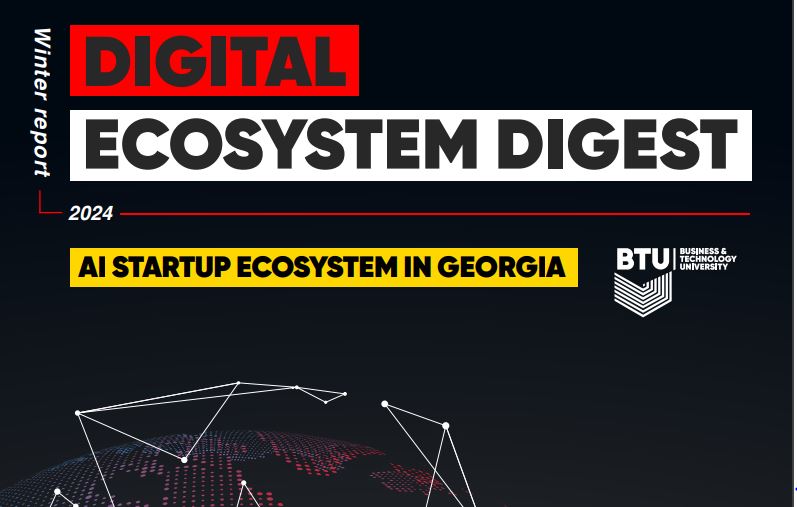
Digital Ecosystem Digest – Winter 2024
In the realm of technological innovation, artificial intelligence (AI) has emerged as a frontier for competitive advantage and business development. Globally, AI startups are transforming industries by harnessing the power of machine learning, natural language processing, and cognitive computing. They
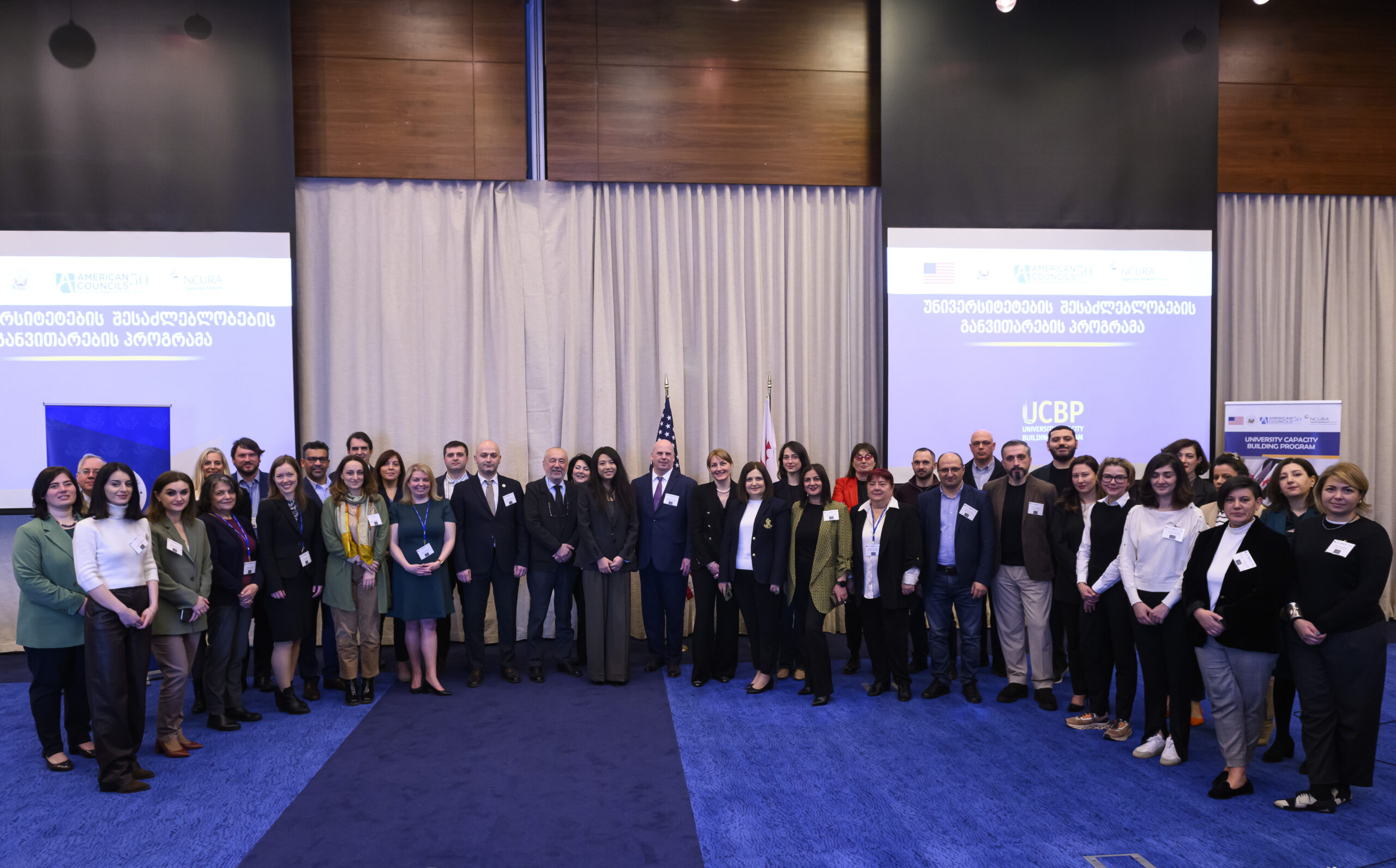
University Capacity Building Program for Georgia’s Higher Education Institutions
The University Capacity Building Program (UCBP) Phase II, funded by the U.S. Embassy in Tbilisi and administered by American Councils for International Education, is a continued initiative to grow and sustain modern research administration and development offices at Georgian HEIs
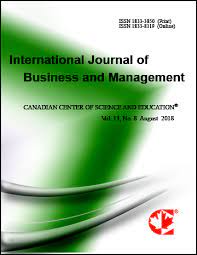
Gauging Growth: AGI’s Mathematical Metrics for Economic Progress
Today, the economy is greatly influenced by Artificial General Intelligence (AGI). The purpose of this paper is to determine the impact of the quantitative relations of AGI on the country’s economic parameters. The authors use the analysis of historical data
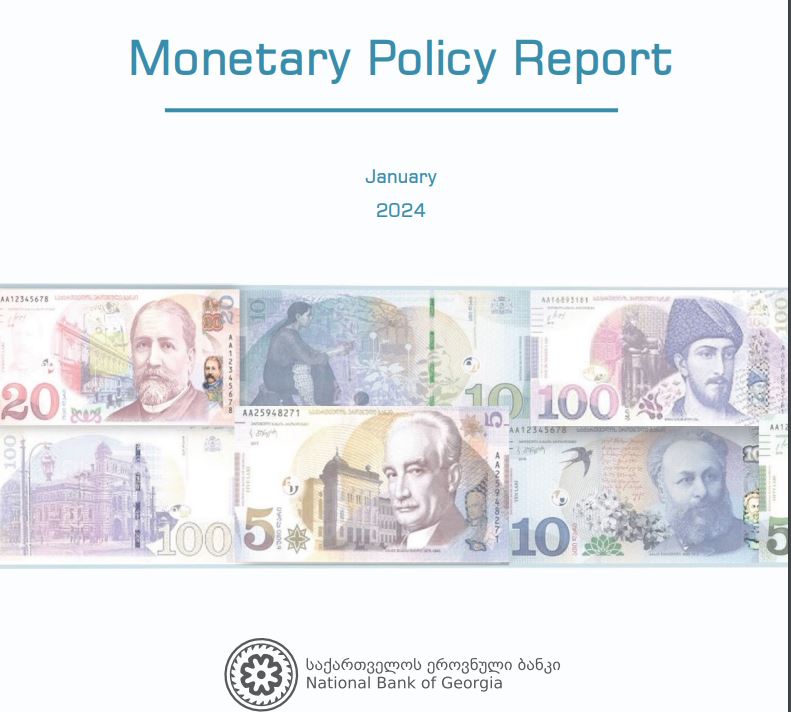
Monetary Policy Report, Georgia
The role of the National Bank of Georgia (NBG) is to influence aggregate demand and inflation expectations by adjusting the interest rate, thereby keeping inflation near to its target level in the medium term. Given the current uncertain circumstances, low
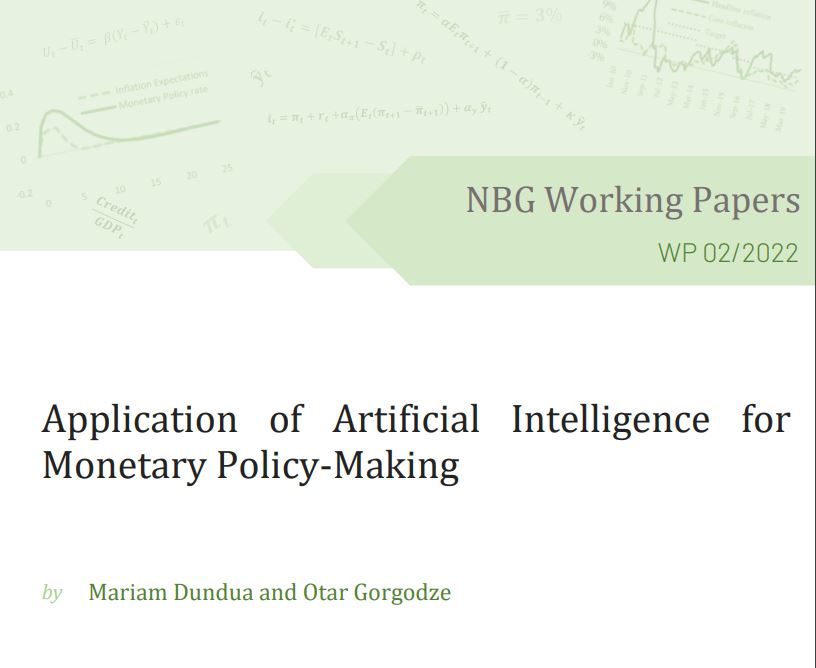
Application of Artificial Intelligence for Monetary Policy-Making
National Bank of Georgia, Working Papers Authors: Mariam Dundua and Otar Gorgodze The National Bank of Georgia’s (NBG) Working Papers are published to elicit comments and encourage debate on ongoing research. Working Paper Series aim to present original research contributions
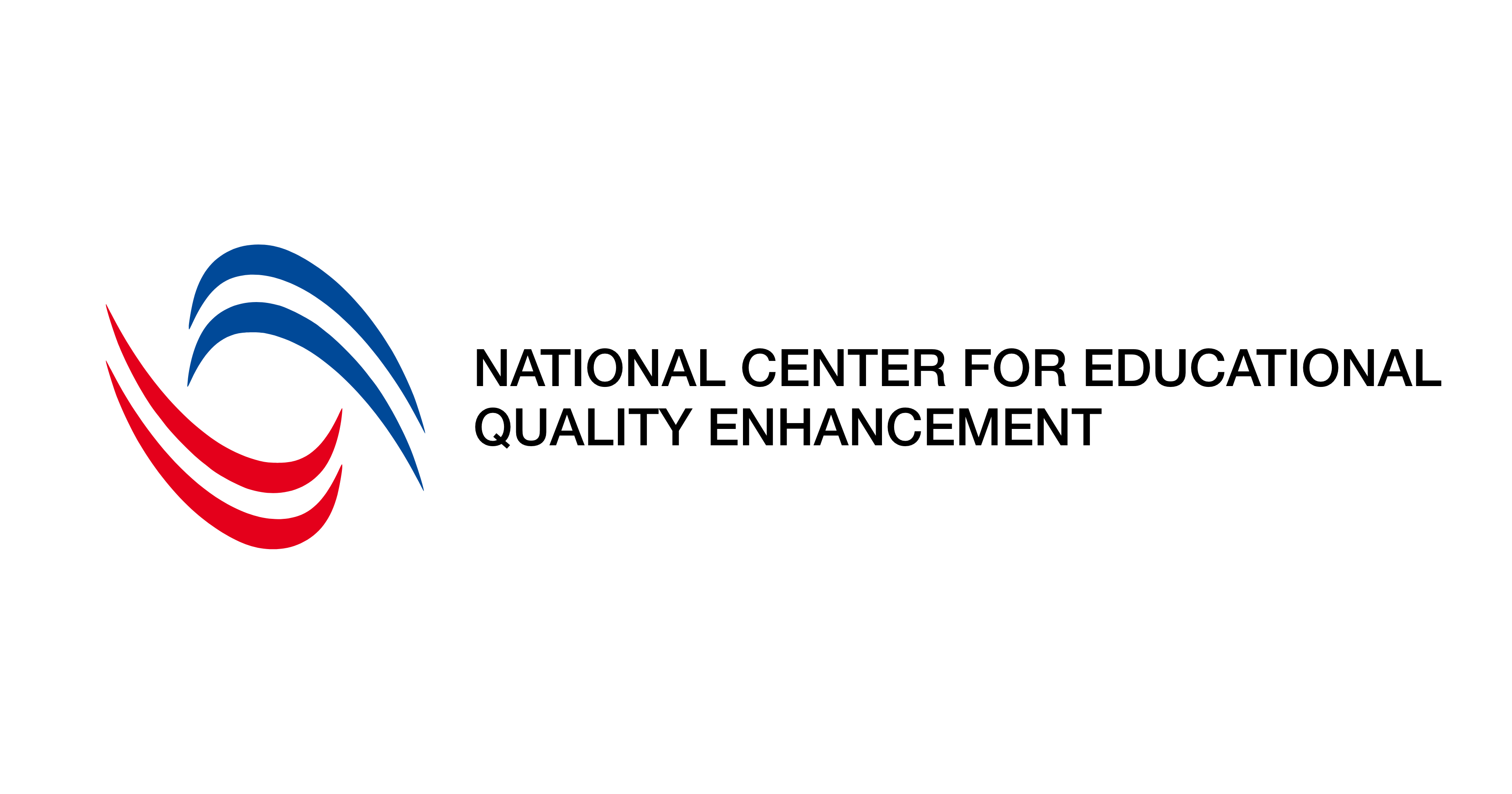
NATIONAL CENTER FOR EDUCATIONAL QUALITY ENHANCEMENT – key achievements and trends in Georgia’s Higher Education system
The National Center for Educational Quality Enhancement is a legal entity operating under the Ministry of Education and science of Georgia. The Center, for the purpose of external quality assurance, carries out authorization of educational institutions and accreditation of educational
